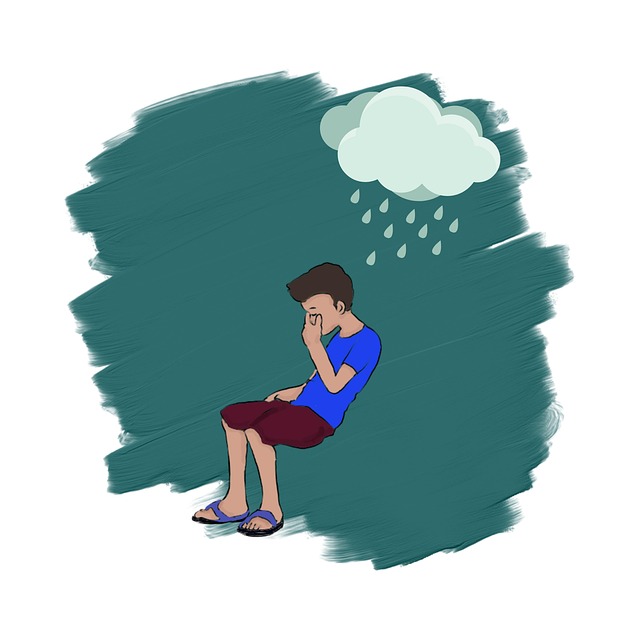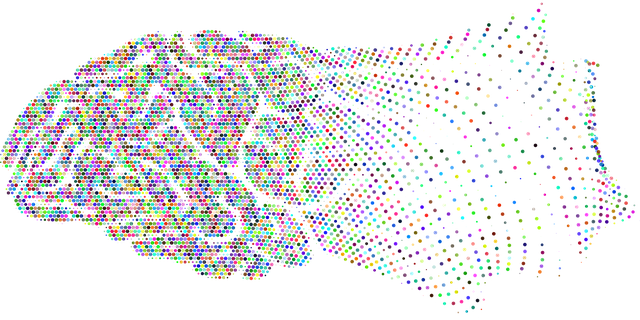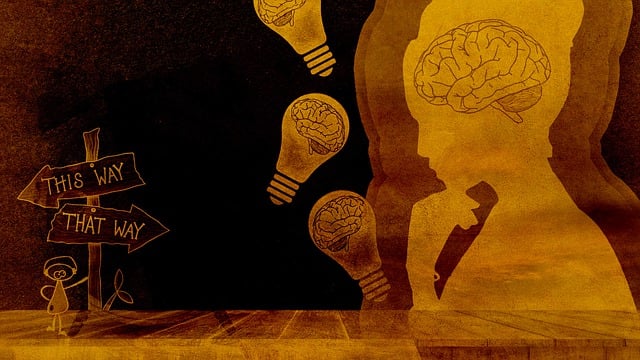Understanding and addressing a child's mental wellness early is crucial for their development. Techniques like mindfulness and hypnosis, particularly as non-invasive therapies, have shown effectiveness in managing stress, building resilience, and boosting self-esteem in children. Hypnotherapy equips kids with emotional navigation skills, fostering mental health awareness from a young age. Early intervention strategies are vital for professionals to guide parents in supporting their child's mental wellness through hypnotherapy, creating a supportive environment that encourages open conversations about mental health and includes culturally sensitive practices.
Mental wellness promotion is a vital aspect of fostering healthy, happy, and resilient children. This article explores several key strategies to support young minds. We delve into ‘Understanding Mental Wellness in Children’ to highlight the importance of early intervention. Additionally, we examine ‘The Role of Hypnosis’ as an innovative therapy for kids and offer practical ‘Parenting Tips’ to create a supportive environment that nurtures mental health. Discover how hypnosis and proactive parenting can revolutionize mental wellness promotion.
- Understanding Mental Wellness in Children: Early Intervention Strategies
- The Role of Hypnosis: A Unique Approach to Therapy for Kids
- Creating a Supportive Environment: Parenting Tips for Promoting Mental Health
Understanding Mental Wellness in Children: Early Intervention Strategies

Understanding Mental wellness in children is crucial for their overall development and well-being. Early identification of mental health issues can significantly impact a child’s future. Children, like adults, experience various emotional challenges, and with the right support, they can develop essential coping mechanisms. Stress management techniques, such as mindfulness practices and hypnosis, have proven effective in promoting resilience building among younger individuals.
Hypnosis, in particular, offers a non-invasive therapy for children, helping them manage anxiety, improve focus, and enhance self-esteem. By engaging in this alternative approach, kids can learn to navigate their emotions, fostering better mental health awareness from an early age. Early intervention strategies are vital, as they enable professionals to guide parents and caregivers in providing the necessary tools to support their child’s mental wellness.
The Role of Hypnosis: A Unique Approach to Therapy for Kids

Hypnosis is emerging as a unique and effective therapy for children, offering a different approach to addressing their mental wellness. Unlike traditional talk therapy, hypnosis utilizes a state of deep relaxation and heightened suggestibility to access the subconscious mind. This makes it an intriguing option for younger patients who may find it challenging to express their feelings or engage in conventional therapeutic practices.
Through hypnosis sessions tailored for kids, professionals can guide them towards developing coping skills, enhancing self-care practices, and implementing stress reduction methods. By suggestion, children can learn to manage anxiety, overcome fears, improve focus, and even boost their self-esteem. This alternative therapy provides a safe space for kids to explore their thoughts and emotions, fostering their ability to navigate life’s challenges more effectively.
Creating a Supportive Environment: Parenting Tips for Promoting Mental Health

Creating a supportive environment is one of the most effective ways to promote mental wellness in children. Parents play a pivotal role in fostering healthy emotional development by creating spaces where kids feel loved, understood, and safe to express their feelings. This involves active listening—a powerful tool that helps children verbalize their thoughts and emotions, enabling early detection and management of any mental health concerns. Incorporating stress management techniques like mindfulness into daily routines can also significantly enhance a child’s resilience and overall well-being.
Moreover, parents should consider the importance of cultural competency training for healthcare providers to ensure they receive culturally sensitive therapy for children. By encouraging open conversations about mental health and seeking professional help when needed—including hypnosis as an alternative treatment approach—parents contribute to their children’s inner strength development. These practices collectively create a solid foundation for lifelong emotional well-being.
Mental wellness promotion among children is a multifaceted endeavor that requires early intervention strategies, innovative therapeutic approaches like hypnosis, and supportive environments fostered by parents. By understanding mental wellness in children and implementing these diverse methods, we can create a nurturing atmosphere that enhances their emotional well-being. Hypnotherapy, in particular, offers a unique, effective path to address childhood mental health issues. With the right tools and awareness, parents can play a pivotal role in promoting robust mental health in their children.








